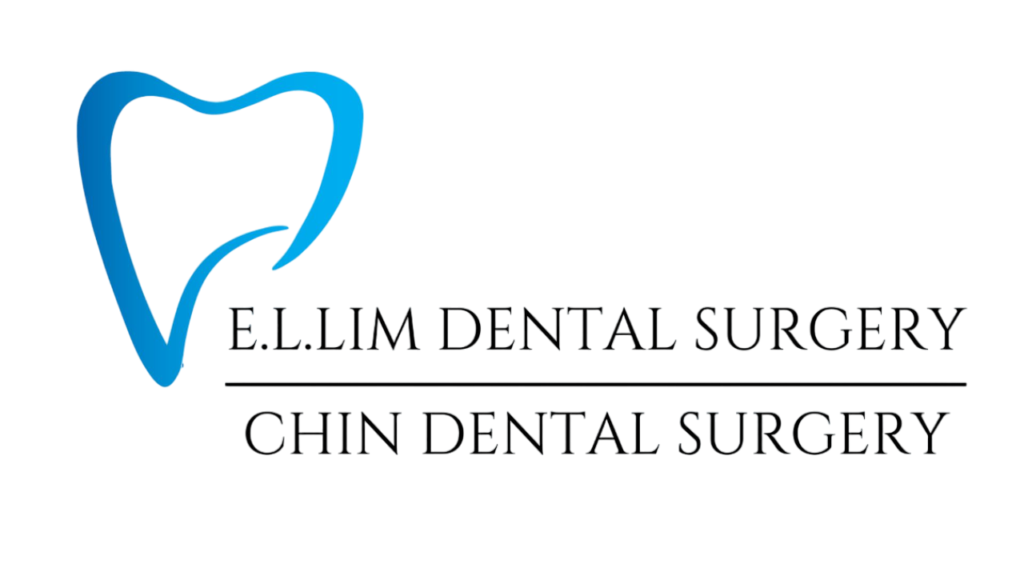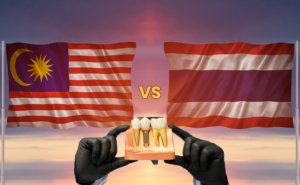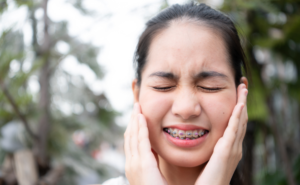Getting braces is an exciting step toward achieving that perfect smile, but it can also come with some challenges—like swollen gums. Many individuals in orthodontic treatment experience gum irritation, which can be uncomfortable and concerning. So, how can you keep your gums healthy while sporting those brackets and wires?
Let’s explore effective strategies to prevent swollen gums and maintain your oral health during your orthodontic journey.
Why Do Your Gums Get Swollen When Wearing Braces?
First things first, let’s understand why braces can lead to swollen gums. Common factors contributing to gum swelling include poor oral hygiene and changes in the mouth due to orthodontic adjustments. When bacteria accumulate, it can lead to gingivitis, a mild form of gum disease that causes redness and swelling.
Pressure and Movement of Teeth
Braces work by applying consistent pressure to your teeth, which helps move them into their desired positions over time. This pressure can irritate the gums, causing inflammation. When teeth shift, the surrounding gum tissue may also be affected, leading to swelling. It’s important to understand that some gum discomfort is a normal part of the orthodontic process.
Plaque Buildup
Braces can create more nooks and crannies for food particles and plaque to hide. If you’re not diligent about oral hygiene, plaque can accumulate around the brackets and wires. This buildup can lead to gum disease, which often presents as swollen, red, or bleeding gums. The presence of braces makes it even more crucial to maintain an effective cleaning routine.
Oral Hygiene Challenges
With braces, brushing and flossing can become more challenging. If food gets stuck around the brackets or between the wires, it can lead to irritation and swelling of the gums. Neglecting to clean those areas properly can exacerbate the issue, making it essential to adapt your oral hygiene habits to fit your new dental situation.
Orthodontic Adjustments
During orthodontic treatment, adjustments are made periodically to tighten the braces and continue the movement of your teeth. These adjustments can cause temporary discomfort and inflammation in the gums. It’s common for patients to experience swelling after an adjustment appointment as the teeth and gums adapt to the new pressure.
So, how can you take control and keep your gums happy?
Best Practices for Braces Hygiene
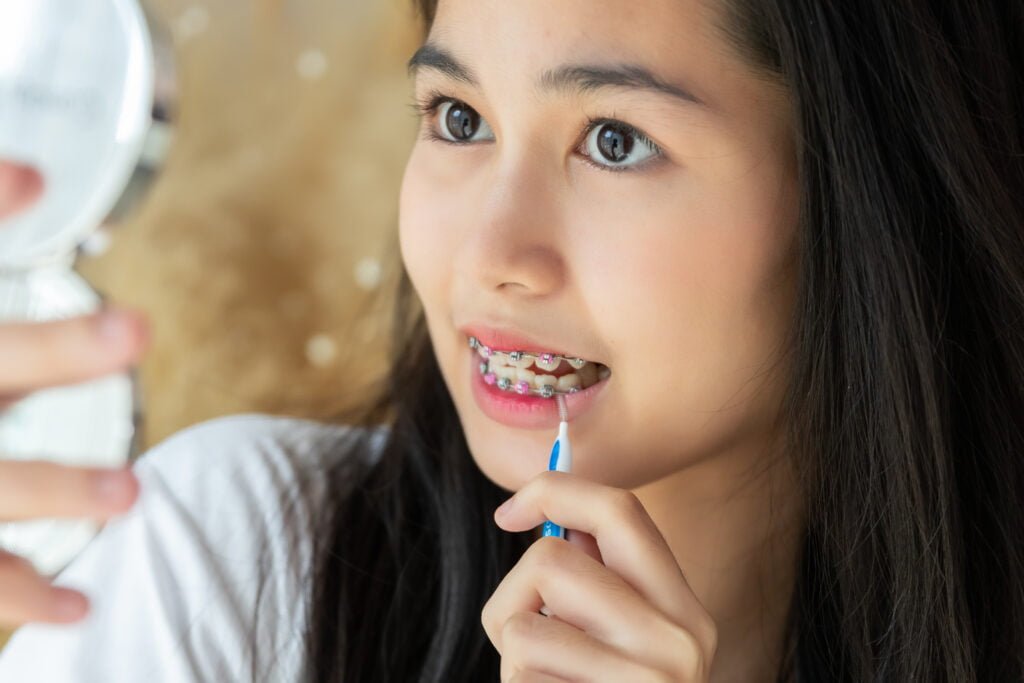
Maintaining good oral hygiene is crucial when you have braces. Here are some tried-and-true methods to keep your mouth fresh and free from gum problems:
Brushing
Use a soft-bristled toothbrush and fluoride toothpaste to clean your teeth thoroughly. When brushing with braces, angle your toothbrush to reach around the brackets and wires effectively. You should aim to brush for at least two minutes, focusing on each quadrant of your mouth. This helps ensure that all food particles and plaque are removed.
Flossing
Flossing may seem tricky with braces, but it’s essential. Consider using floss threaders or orthodontic flossers, which are designed to slide easily between teeth and around brackets. Try to floss at least once a day to keep your gums healthy.
Mouthwash
Don’t underestimate the power of mouthwash! An antibacterial mouthwash can help reduce plaque buildup and soothe irritated gums. Rinsing after brushing can provide an extra layer of protection for your gums.
Managing Diet to Promote Gum Health

Your diet plays a significant role in gum health. Certain foods can contribute to swollen gums, while others can help keep them in check.
Include: Soft fruits like bananas and peaches, tender vegetables such as steamed broccoli, and lean proteins like chicken or fish. These foods are less likely to get stuck in your braces and are nutritious.
Avoid: Sugary snacks, sticky candies, and hard foods that can damage your braces or irritate your gums. Opting for healthier snacks will not only benefit your gums but also support your overall dental health.
Staying hydrated is equally important. Drinking water helps rinse away food particles and maintains saliva production, which is your mouth’s natural defence against bacteria.
After Getting Your Braces Adjusted
Orthodontic adjustments are a regular part of your treatment, but they can sometimes lead to discomfort and gum irritation. After an adjustment, you might feel soreness for a few days. To minimise discomfort, use orthodontic wax to cover any brackets that are rubbing against your gums. This wax can create a barrier and soothe the irritated areas.
If you experience significant pain, over-the-counter pain medications can provide relief. However, be sure to follow your dentist’s recommendations regarding medication use.
Dental Clinic in Penang
Expert Orthodontists at Chin Lim Dental
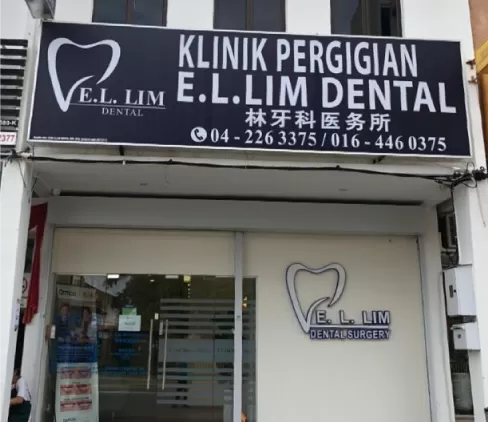
Preventing swollen gums while wearing braces is entirely achievable with the right approach. By maintaining proper oral hygiene, attending regular dental visits, managing your diet, and handling orthodontic adjustments carefully, you can keep your gums healthy throughout your treatment. Remember, a little effort goes a long way in achieving that beautiful smile you’re working toward.
Our dentists can help address any concerns during your adjustment sessions to look our for problems with your gum health or otherwise.
